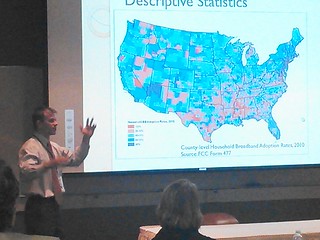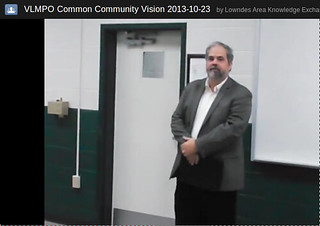Update 3:30 PM 29 January 2014: Thursday 30 January 2014 session cancelled due to weather; come to the 6 February 2014 meeting instead.
Received by email and there’s a facebook event. -jsq
Good Morning and Happy New Year!
We would like to invite you to one or more workshops to help us develop a Digital Economy Plan for our Region.
The Southern Georgia Regional Commission, in partnership with the Georgia Technology Authority, is coordinating and developing a Digital Economy Plan for the 18 counties in the South Georgia Region to identify the unique characteristics of the digital economy in our region, its strengths, weaknesses, its needs and its opportunities.
The focus and intent of the plan is to Continue reading












